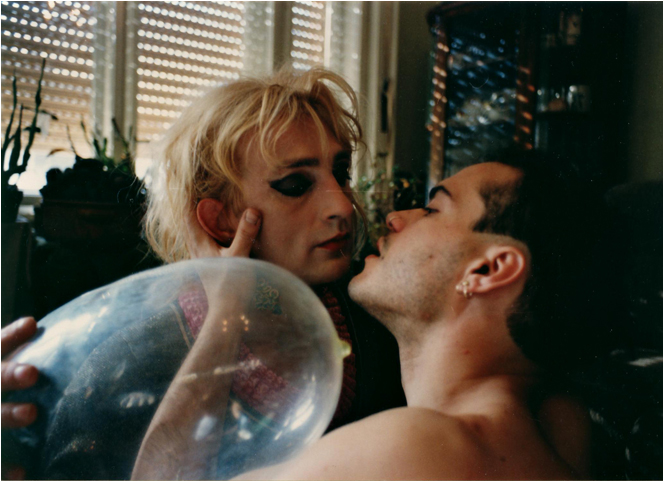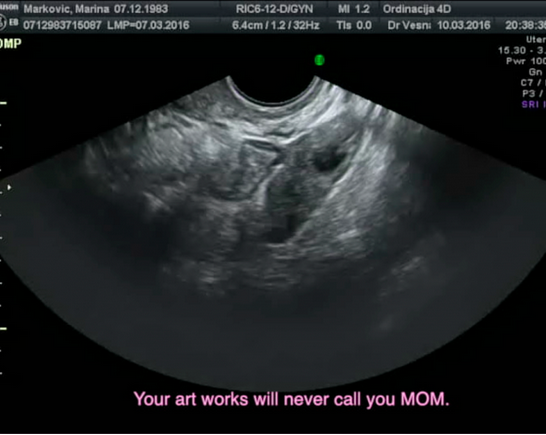Guest editor: the editorial team
Deadline: 18 April
Published: October 2022
In All About Love (1999), bell hooks remarks that values of money and work have replaced love and community. This reverberates to the present tense, when a crisis of compassion has become a hot topic in the healthcare industry. It goes without saying that hooks wishes to reverse this, and “return to love”. Love is a tender dissent to the disarming structures of capitalism.
From behind the bars of the daily realities that govern late-stage capitalism, it seems that acts of care and compassion aren’t prioritised or compensated enough. Regardless, they persist. And so we might ask: Where is the love?
We, the editorial team, often refer to the work we do at Kunstlicht as a so-called ‘labour of love’. Offhandedly, we repeat this turn of phrase in meetings with collaborators and among ourselves to explain, even validate our investment in the journal, and why we do this all for free. By ‘labour of love’ we mean that we are voluntarily offering our time, network, and knowledge to work on the texts that give body to each edition. The editorial process is merely a small aspect of ‘voluntarily running a journal’, which also includes administration, shipment, website upkeep, annual planning, running social media and other communication channels – just to name a few ways in which this magazine provides us with labour. Yet, this is a labour we love.
As a group of people who work intimately with words, we began inspecting this sentence. On closer examination, it appeared an oxymoron. And then not really; after all, even love requires work and continued effort. When love enters a labour-centred sentence – “I love my job,” “I love what I do for a living,” “it is a labour of love,” “I love writing/editing/being creative” – the work is made innate. Alarm bells of warnings against capitalism’s tendency to consume even our free time and inner emotional energy go off. Against such alarms, we want to question if there is such a thing as a ‘labour of love’.
We throw the ball to you; what is a ‘labour of love’? What consequences does the entanglement of the two have? What drives us to accept jobs that forgo adequate monetary compensation for the work we do, only to be ‘paid’ in exposure, experience, or emotional fulfilment? We decided to focus this issue exactly on labour and labourers of love; those whose jobs require the practice of care and compassion, those working fields that demand employing a repertoire of feelings, as well as those whose passion is also their job. Acknowledging the juxtaposition of the phrase, we want to respond to both ends of the spectrum; what’s the love in labour and what’s the labour in love?
As workers in different segments of the creative industry, we can say with confidence that the conflation between passion and labour is fairly typical. After all, it is said “do what you love and you’ll never work a day in your life”. It comes as no surprise then, that the idea behind a ‘labour of love’ is a product of the late stages of capitalism we currently find ourselves in. As a sentiment it is indicative of the undervaluing and dismissal of certain types of labour, including creative work, emotional labour, and care, as well as sex work and domestic work, that finds resonance with the increasingly neoliberal political landscapes of Western governments. Taking a closer look at these types of labour, one might discover that these are inherently gendered, and that marginalised communities are those most reliant on them. As such, the topic at hand invites for intersectional feminist readings.

Želimir Žilnik explores sex work, physical affection, emotional labour, and its tolls in his film Marble Ass (Dupe od Mramora, 1995). Its main character Merlinka is a Queer sex worker placed in the midst of a fictionalized version of her life. She responds to the masculinized violence of war and ethnonationalism with unyielding empathy. In stark contrast to Johnny, the soldier who resolves his conflicts with a knife, Merlinka advises Sanela, her roommate and fellow sex worker, not to carry one for protection, telling her that there are better kinds of fighting. In this film, Merlinka’s labour is depicted as not only sexual but as a resistance to masculinized, (ethno)nationalist violence. The real-life Merlinka was murdered in 2003 by an unknown perpetrator. Her labour (both as a sex worker and as an openly Queer public figure) often brought her in close contact with violence – it seems impossible to disentangle her labour from the violence that ended her life, so how can workers like Merlinka be protected? Can their labour be codified and properly valued? How can their right to safety as workers be secured?

In the work The Void (2016) by Marina Markovic, an ultrasound of the artist’s pulsating, empty uterus, plays to the tone of female family members speaking of normative expectations of women. “Your artworks will never call you MOM,” one of them exclaims. The condemning voices which echo in the absence of a child showcase the expectations and limitations of the supposed freedom among some groups of women. Yet, in the case of this one statement, they might also be right. The things we produce, whatever they might be, might never reciprocate the love we invested into them. Against such bleak realities, we ask ourselves: How do we find fulfilment in our acts of love, care and compassion? How can we better appreciate and reward this type of labour as a collective?
In homage to the brilliant and late hooks, we return to love in this issue: we want to hear your love stories about work and your work stories about love. Your analyses of loving work, of care, and of community making against the tides of systems that do not prioritise it as such. Your experiences with and readings of emotional work that promises to be compensated in kind, not money. Your appreciation of and love for practitioners of these kinds of labour that deserve to be valued so much more.
We accept artworks, interviews, conversations, scripts, articles, analyses of artworks, academic texts, short statements, infographics, and sweet little notes we can pass around the classroom.
Proposals (200-300 words) with attached résumés and related image material can be submitted until 18 April 2022 via redactie@tijdschriftkunstlicht.nl. Selected authors and artists will be invited to write a 2,500-word paper (excluding notes) or submit an artistic contribution. Authors who publish in Kunstlicht will receive three complimentary copies. Kunstlicht is a volunteer-run academic journal and is not able to provide an author’s honorarium; time is compensated with time. Three years following publication, papers will be submitted to the freely accessible online archive.

